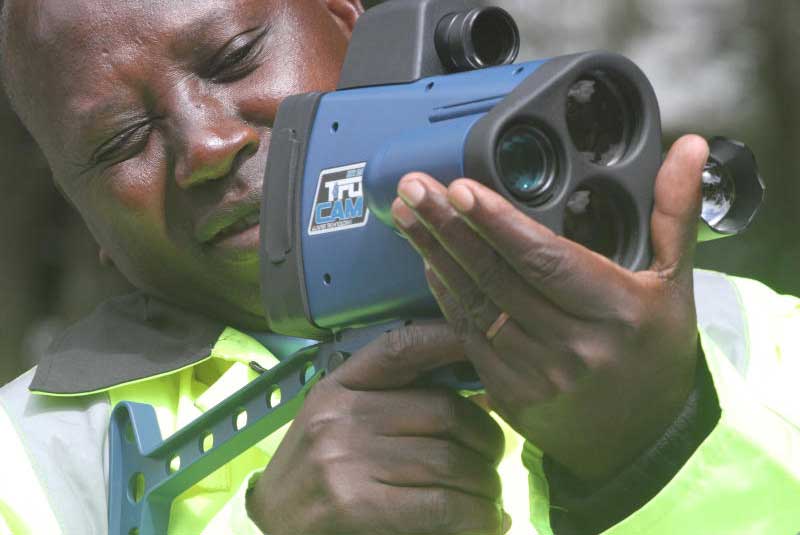×
The Standard e-Paper
Kenya’s Boldest Voice

Motorists, matatu crews and passengers could from next week face stiff penalties as the Governmen implements the ‘Michuki rules’.
The traffic laws, introduced by then Transport minister John Michuki in 2004, brought sweeping changes to the country’s highway code and transformed how public service vehicles (PSVs) operated.